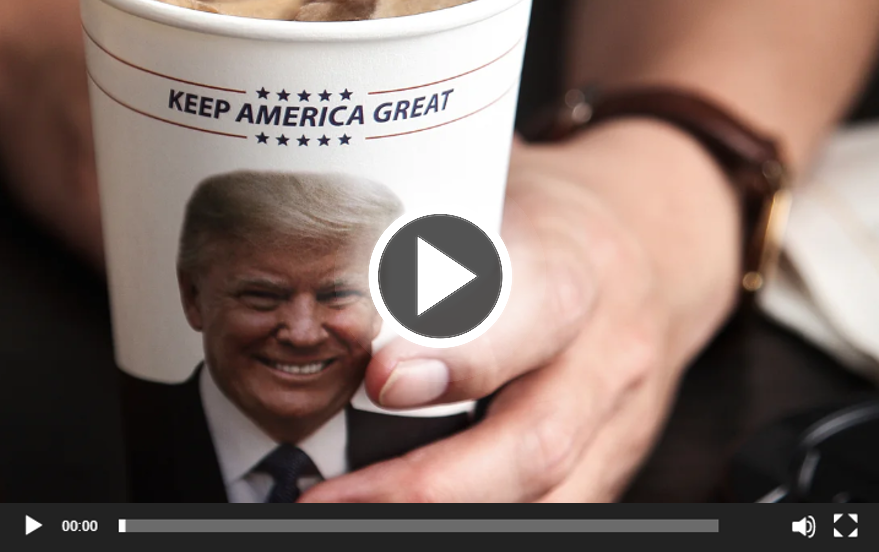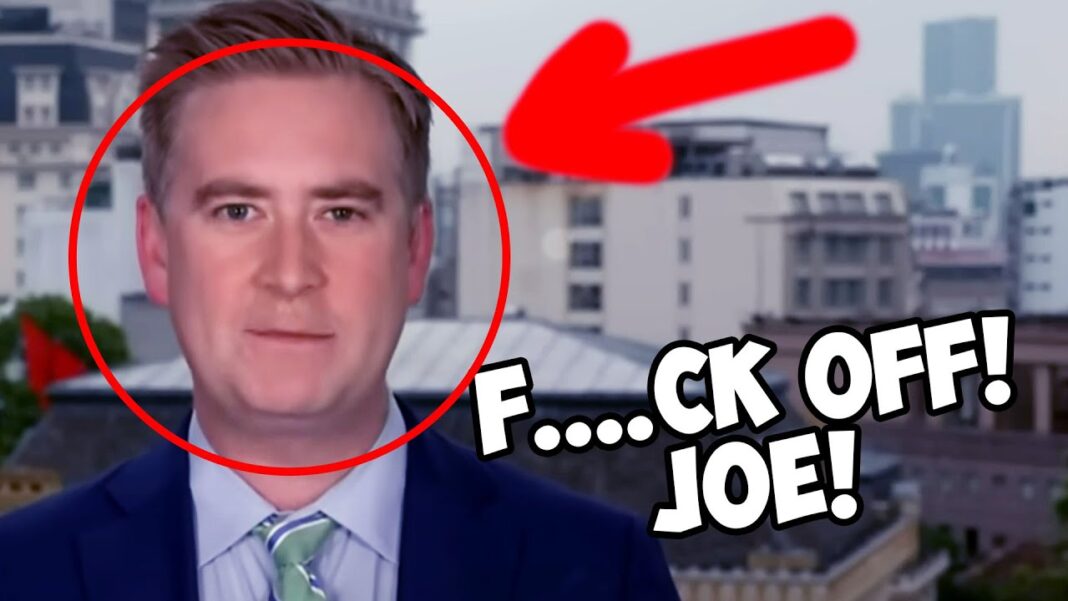The dynamics between nations, especially superpowers, have always been a complex interplay of politics, economics, and diplomacy. The relationship between the United States and China is no exception. The narrative surrounding these two giants has oscillated between cooperation and competition, with each nation’s leadership taking varied stances over time.
Recent discussions have highlighted the U.S.’s stance on China. There seems to be a dichotomy in the approach: on one hand, there’s a desire not to contain or hurt China, and on the other, there’s an emphasis on ensuring that China abides by the “international rules of the road.” This duality reflects the intricate balance that global leaders often have to strike – promoting peaceful coexistence while safeguarding national interests.
Economic considerations are paramount in these discussions. Observers have noted that the Chinese economy faces challenges, with some negative trends emerging. A thriving economy in China, as some argue, could be beneficial for the global community. The rationale is that a prosperous China could lead to a more stable international economic environment, benefiting nations worldwide.
Gone viral! – Trump’s Coffee Choice That’s Fueling His Relentless Charge!

However, the role of the media and the freedom of the press in such discussions cannot be understated. A free press is essential for transparent governance and informed citizenry. Recent international trips have seen limited opportunities for the press to engage with leaders, raising questions about the openness of such dialogues.
Age and leadership capability have also been topics of discussion. Questions about a leader’s age, especially in the context of global representation, can sometimes overshadow their policies and decisions. While age might bring wisdom and experience, concerns about cognitive abilities and stamina, especially during demanding international trips, can become focal points of public discourse.
The global stage is not just about diplomacy and politics; it’s also about perception. How a leader is perceived, both domestically and internationally, can influence their effectiveness. Public opinion, driven by polls and media narratives, can shape the trajectory of diplomatic relations.
Trump’s Epic Takedown: Hillary SLAMMED with Lawsuit Over Russian Collusion Lies!
Economic ties between nations, especially those involving energy resources, are of paramount importance. The recent handshake between President Biden and Prince Muhammad Ben Salon of Saudi Arabia, against the backdrop of fluctuating crude oil prices and decisions related to oil and gas leases, underscores the intricate web of economic and political considerations. Such interactions, especially when juxtaposed against domestic decisions impacting energy prices, can lead to varied interpretations.
The narrative of “enemies” and “allies” is not black and white. Inside China, there might be narratives painting America as the adversary, and vice versa. However, the reality is often more nuanced. Behind the scenes, nations might cooperate in ways the public is unaware of, even as official narratives suggest otherwise. The creation of “artificial crises” and the portrayal of threats can sometimes be tools for political maneuvering, rather than reflections of ground realities.
In the end, the world of international relations is a vast chessboard, with moves and countermoves driven by a mix of national interests, economic considerations, and public perceptions. While leaders navigate this complex terrain, it’s essential for the public to remain informed, critical, and engaged, ensuring that the broader interests of ordinary people are not overshadowed by the machinations of global politics.
Gold’s Massive Shift East: A Global Currency Reset is Looming! Central Banks Amass Over 1,500 Tons in 2 Years!




